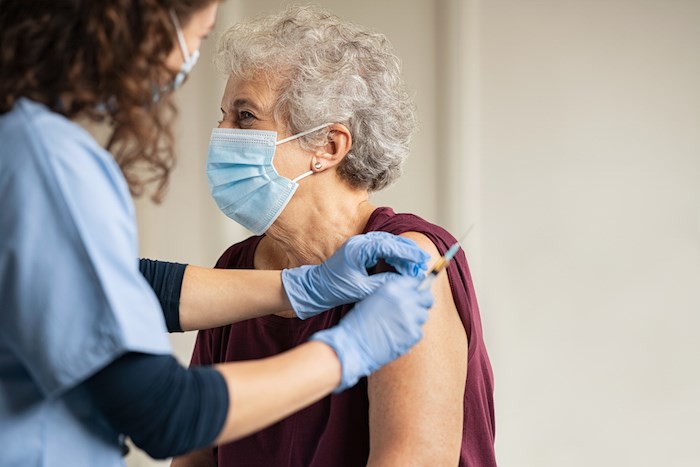The 2020 start of the COVID-19 pandemic yielded multiple headlines of deaths in B.C. long-term care (LTC) homes, leaving British Columbians struggling to come to grips with the growing crisis.
Dr. Farinaz Havaei, a UBC School of Nursing professor, said the message from that crisis was that “there are systemic problems, shortcomings that require urgent attention.”
If the situation is not remedied, she added, “the next time we have a crisis, we’re not going to be able to survive it.”
Now, University of B.C. researchers (of which Havaei is part of), have studied what happened and have completed a report with 32 recommendations.
The report is now in the hands of B.C.’s Ministry of Health and the provincial Seniors Advocate. The government was not immediately available for comment.
The work has come in several phases, starting during the pandemic’s second wave. Researchers looked at the impact of management policies, including some of the unintended impacts.
Then, in spring 2021, work began on identifying the issues of concern.
Researchers quickly keyed in on seven areas for examination: screening; visitation; staffing; infection prevention and control procedures, communication; facility physical layout; and leadership and organizational support.
The report includes input from 19 home operators as well as nurses, personal support workers, allied health, ancillary workers, managers, directors, residents, and family representatives affiliated with each of the four regional health authorities.
Among the 32 recommendations are:
- homes must continue to screen visitors for COVID-19 using their existing practices and procedures;
- visitation policies must allow every resident, or their primary contact to identify at least one essential or designated visitor, who would be permitted entry into that resident’s LTC home at all times, including during an outbreak;
- residents and their families must be consulted and engaged as equal partners in the process of LTC policy development, implementation and evaluation;
- homes must have a contingency staffing plan that ensures quality and safe resident care delivery during potential crises such as outbreaks;
- B.C.’s government, regional health authorities and homes must cooperate to develop a long-term recruitment and retention plan focused on building a healthy and optimal LTC workforce, and;
- infection prevention and control recommendations must be communicated to care homes from a single organization in the province, and special attention must be given to the frequency of communication.
Havaei said the visitation suggestion is vital. She said researchers found social isolation was found to be a worsening actor for seniors’ health early in the pandemic. That impacted health-care workers who witnessed the stress and suffering, she said.
“We need to be paying attention to the psycho-social impacts on people.”



